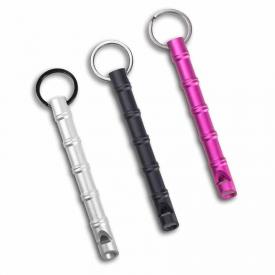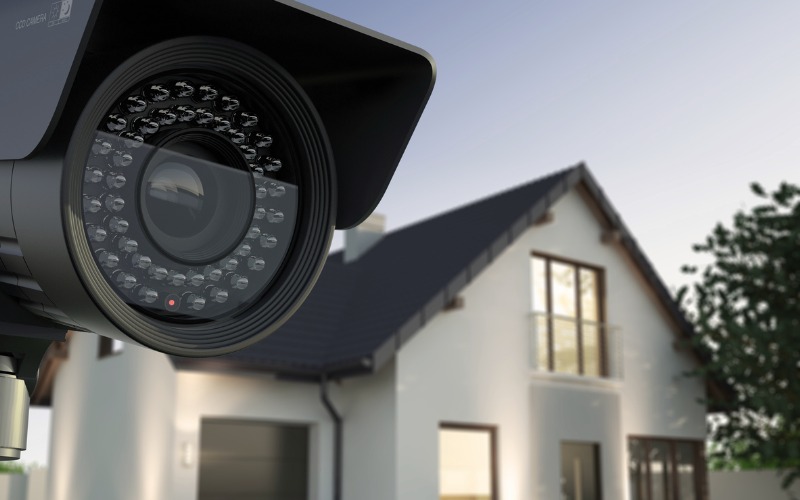
If you haven’t read the previous articles about self-defense awareness you are probably not sure what to do. This article will cover the Physical and Mental preparations that are necessary. You can also learn how to protect your self. Here are some ways you can prepare. No matter your age, it is never too late to start self-defense awareness techniques. Have a look.
Self-defense awareness
Self-defense awareness is a valuable skill, no matter how experienced or new you are. Self-defense awareness is the ability to recognize violence and prepare accordingly. This awareness doesn't necessarily mean you need to be suspicious. It is important to know your options, understand them, and be ready to fight if necessary. You can achieve self-defense awareness by becoming more aware of the situation around you and developing awareness in yourself.
In addition to the various methods of physical self-defense, you can also take a SAFE class. You can learn the basics of techniques such as a hand hug or a palm strike. Repeated training is vital for physical self-defense. Alexandra Gordon-Smith (junior English major) learned from a SAFE course that self-defense awareness is essential when she feels uneasy on her commute to campus. She learned basic self-defense techniques through SAFE and feels more confident.
Mental preparation for self defence
Although physical self-defense is an important part of learning the basics, it is equally important to train your mind. If you are able to understand the body's reactions, you can be more prepared to respond in a safe but effective manner. Developing a positive attitude is essential to being able to respond effectively to danger. It is important to learn how to deal with stress and fear. This skill can make the difference between life or death.

To be able to recognize that you are the strongest person in the world and not to be taken advantage of, you will need to have the right mindset. When someone is pursuing you, they will be looking for a weakness in your resolve to resist. That's where mental preparation comes in. Practice can help you learn to say "no" and it will compliment your self-defense training. Here are some tips for teaching yourself the powerful art of saying "no":
Prepare for self defense with physical training
Don't stare at your phone as you walk. Instead, make sure you have your keys handy. Ask yourself what makes it feel unsafe. If you're a friend or romantic partner, be friendly and polite. If they are aggressive or intimidating, let them know that you don't want your presence around them. Respect others' boundaries. A basic knowledge of physical defense awareness is essential to ensure that you are in the best position for your defense.
While situational awareness is a great asset to your safety, it will be useless if you don't know what to look for. Knowing how to spot the signs of violent offenders can help you improve your self defence skills. These signals should be recognized and picked up by you. This will give a distinct advantage in the event you have to defend yourself.
Techniques used in self-defense
The importance of self-defense awareness in every situation is well known. The first step is to remain aware of your surroundings and general proximity to others. The best way to protect yourself is to look people in their eyes. While some people may feel uncomfortable about looking at people, it is important to remember that a potential attacker would know who they are in a crowd and wouldn't want to pick you as their easy target. This awareness is essential for recognizing precarious actions and suspicious behavior.

When the attacker starts choking you, it is important to know your own weaknesses. The eyes, nose and throat are the most common targets. To be able defend yourself effectively against these attacks, it is important to know which move to use. Each of these areas has its own self-defense technique. Below are some basics techniques to help you defend yourself in danger situations.
FAQ
Where should I store my survival gear?
It is best to keep your emergency survival gear near you so it is easily accessible in the event of an emergency. Your best place to store your survival gear is under your bed or in your closet.
Label your supplies with their contents and dates so that you can identify which ones have been used and which ones are still good.
Also, make sure to keep a copy your inventory somewhere else. You will need to prove that the correct stuff was there in case something happens to your apartment or house.
What should the shelf life of survival supplies be?
You can ensure that you always have enough supplies in an emergency. It is not a good idea to go without supplies in case of an emergency.
For example, if you plan to go camping, you will need to bring everything that you may need in one bag. This includes food, water, first aid kits, fire starters, matches, tools, and other items you may need during an emergency.
Also, be sure to have a torch, map, compass and whistle. These items will help to keep you safe and assist you in finding your way home if lost.
These supplies can be kept in a waterproof bag, box, or bucket. When hiking, make sure that they are easily accessible and don't get lost in your backpack.
You should think about what you use most often when packing your items and how much space each item takes. Consider adding more items to make sure you have enough space. If you are planning on spending a lot time outdoors cooking, you might consider adding a stove and pots to your shopping list.
Be sure to remember exactly where your supplies are. If you lose them, you will have very limited options once you reach civilization.
How do I doomsday planning on a budget
It can be hard to prepare your home for the apocalypse. Here are three ways that you can prepare for an apocalypse.
-
You should ensure you have enough water and food. It is not a good idea to be without food and water in case of disaster.
-
Buy a solar-powered radio. This radio will keep you updated about what's happening worldwide in the event of a power outage.
-
Learn how to grow your own food. You'll be able to identify what food you need. Additionally, you won’t need to worry about running low on supplies.
Statistics
- Approximately a hundred and seventeen million people earn, on average, the same income they did in 1980, while the typical income for the top one percent has nearly tripled. (newyorker.com)
- Receiving 11.2 percent of votes in our reader survey was a propane torch. Background: This summer, we surveyed our readers about what they’d shove into a backpack if they were caught unprepared for the collapse of society. (inverse.com)
- In the first ten months of 2016, foreigners bought nearly fourteen hundred square miles of land in New Zealand, more than quadruple what they bought in the same period the previous year, according to the government. (newyorker.com)
External Links
How To
How to Find Potable Drinkable Water in a Survival Situation
Finding potable water during a life-threatening emergency can save your life. Knowing how to locate potable water quickly and efficiently is crucial in any survival situation. You must ensure you have enough water for survival until help arrives. You could become sick or even die if you don't have clean drinking water.
This article will give you some useful tips on how to find water during crisis situations. We'll talk about the various water sources available and which one is best suited to different situations. We will show you how to purify and filter your water for safe drinking. We will also discuss how water can be stored for future use.
What Types Of Water Sources Are There?
If you are in the wild, there will likely be water sources nearby, including streams and lakes, rivers, springs or oceans. These water sources are available throughout the year or only during certain seasons, depending on where they are located. There are many factors to consider when choosing the right water source for you.
First, you'll need to determine if you'll have an opportunity to collect fresh water. This will allow you to decide if you have access to water from a stream, river, stream, pond, spring or ocean. Second, consider whether or not you have access to clean water. Avoid collecting water contaminated with urine or feces as you will not be able to properly treat it before drinking it. You will also need to determine how much water your family will be using. The amount of water you require depends on many things, such as how long you expect to stay stranded, how hot and humid it is outside, how cold and dry it is inside, and how large your family is. Fourth, you need to decide how to transport the water. There are some water sources that are difficult to find, so it can be challenging to transport them. For example, you might have to carry a heavy container full of water across a steep hillside. The weather conditions are also important when choosing a water source. An overcast day could mean that you should not depend too much on rainwater. A sunny day may allow you to collect water without worry about contamination.